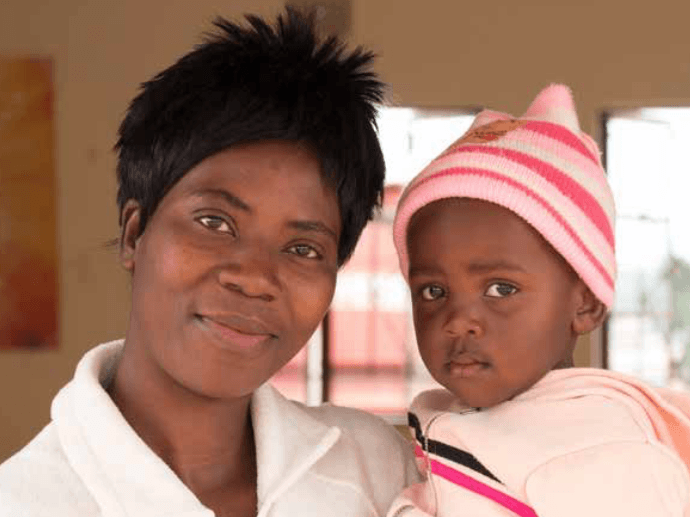Background and Rationale
In 2015, the World Health Organization (WHO) endorsed universal treatment for all people living with HIV. Now the global community is striving to reach three ambitious targets by the year 2020: 90 percent of all people living with HIV will know their HIV status, 90 percent of those diagnosed with HIV will receive sustained antiretroviral therapy (ART), and 90 percent of people receiving ART will achieve viral suppression.
Option B+, an approach that calls for all HIV-positive pregnant women to initiate lifelong ART, was the first global effort at universal treatment, with the aim of preventing mother to child transmission of HIV (PMTCT). Recommended by WHO in 2013, the Option B+ approach represented a marked shift from treating pregnant and breastfeeding women with ART only if eligible to treating all HIV-positive pregnant and breastfeeding women with ART (regardless of their CD4 count).
The global shift toward Option B+ presented an opportunity for the Kingdom of Swaziland, a country at the epicenter of the HIV epidemic. Swaziland has just over 1.2 million inhabitants and, in 2013, an estimated 10,000 HIV-positive women delivered babies in the country and 1,100 children were newly infected with HIV.1 Swaziland had been implementing a more complex PMTCT approach since 2010, Option A, which calls for HIV-positive pregnant women to receive different antiretroviral regimens before birth, during delivery, and postpartum, as well as based on their health status (with some women receiving lifelong ART and others receiving antiretroviral prophylaxis). This approach was contributing to treatment delays during a time when each week on treatment can result in substantially increased protection for the baby and mother. While 91 percent of the pregnant women who received antenatal care in Swaziland were tested for HIV in 2011, only 35 percent of those eligible for lifelong ART actually initiated treatment during pregnancy. 2 As Option B+ had the potential to streamline care and increase ART uptake for HIV-positive pregnant women, Swaziland’s Ministry of Health was eager to assess the approach’s impact, feasibility, acceptability, and cost-effectiveness in public health facilities. Results from a study examining these issues in Swaziland could also inform the implementation of Option B+ throughout sub-Saharan Africa and, equally important, the development of new guidance for universal treatment of all people living with HIV.





